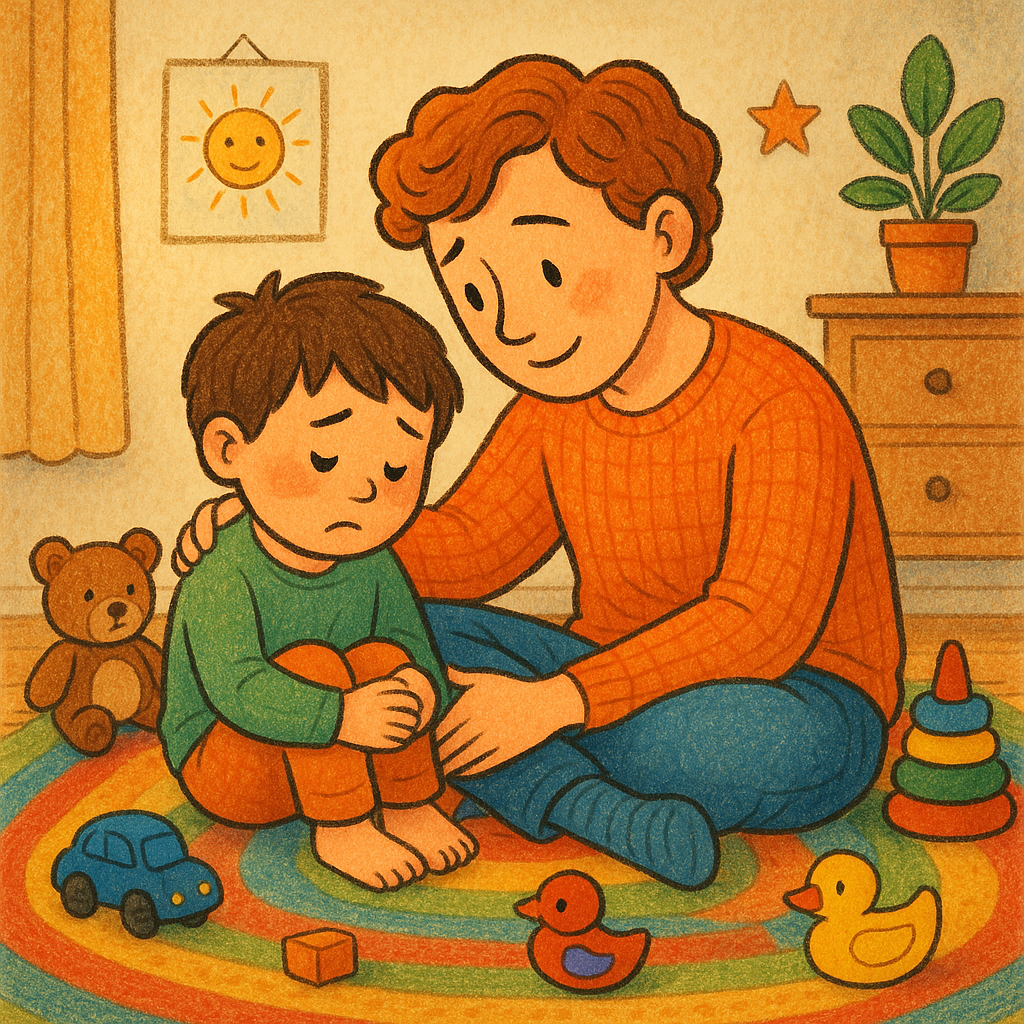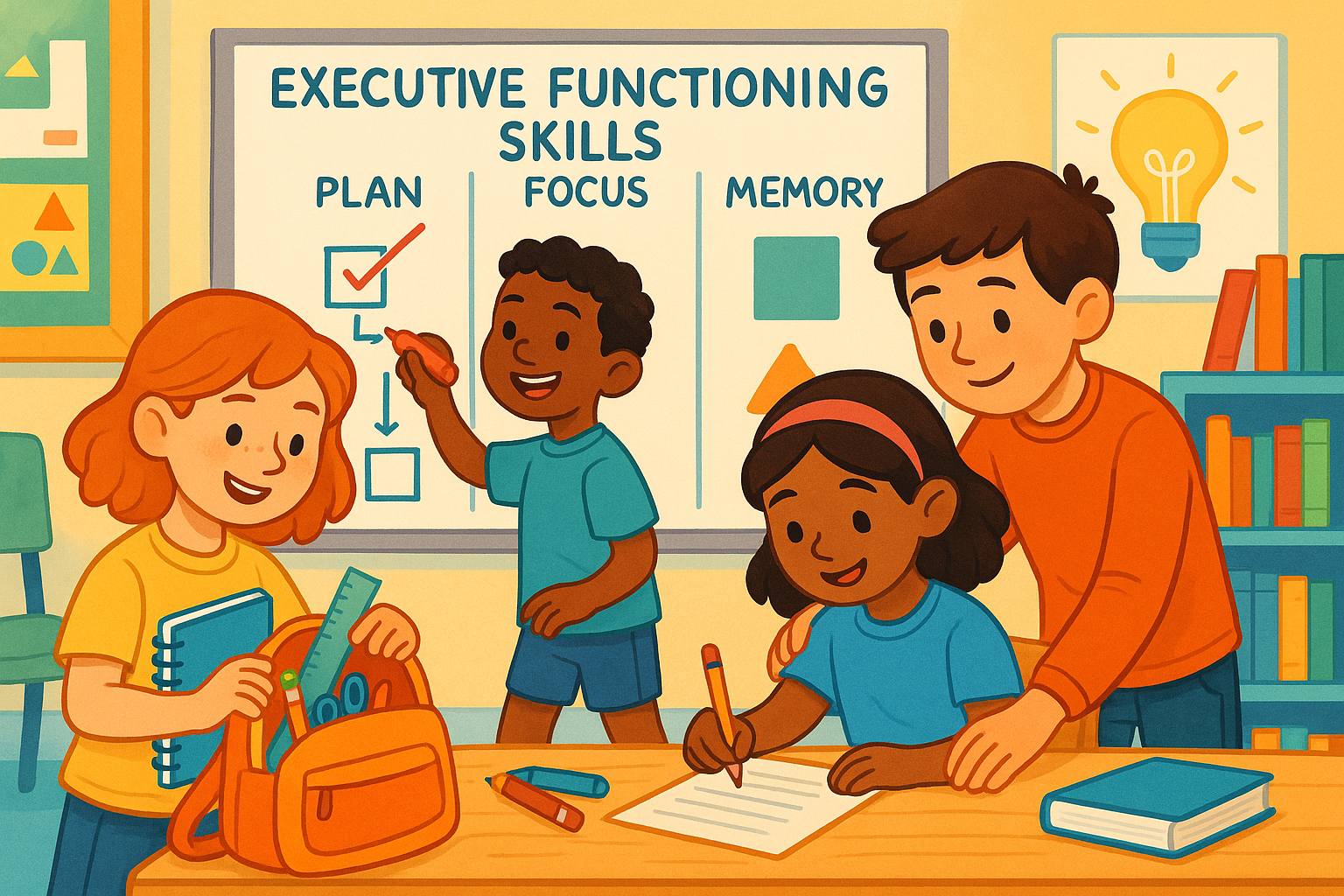Parenting a teenager can be challenging, but when your teen struggles with anxiety, it can feel overwhelming. As a parent,…
Parenting a teenager is a journey filled with change, growth, and sometimes uncertainty. When your teen is exploring a fluid…
By a Professional Play Therapist Introduction: As parents, we’ve all witnessed those moments when our children’s emotions seem larger than…
Introduction: Leaving your child home alone for the first time can feel like a big step—for both you and your…
Kim Feeney, LISW, RPT, Butterfly Beginnings Counseling Executive functioning skills are the mental processes that enable us to plan, focus…
Music is more than just entertainment for children—it’s a powerful tool that nurtures emotional development and well-being. As parents, understanding how music impacts your child’s emotions can help you foster a supportive and joyful environment at home.
Navigating the teenage years can be challenging for both teens and their parents. As young people grow, they often face…
As parents, we all want our children to feel loved, understood, and supported. One of the most powerful ways to nurture your child’s emotional well-being is by creating a safe space at home where they feel comfortable expressing their feelings. Here’s how you can foster an environment that encourages open and healthy emotional expression, with examples for every age.
As parents, we want the best for our kids. We want them to feel loved, safe, and supported. However, sometimes our well-meaning efforts to make life easier can inadvertently make it harder for them in the long run.
As parents, we all want to foster deep, meaningful connections with our children. One of the most effective—and enjoyable—ways to do this is through playtime. Play is more than just fun; it’s a powerful tool for building trust, communication, and emotional security.









